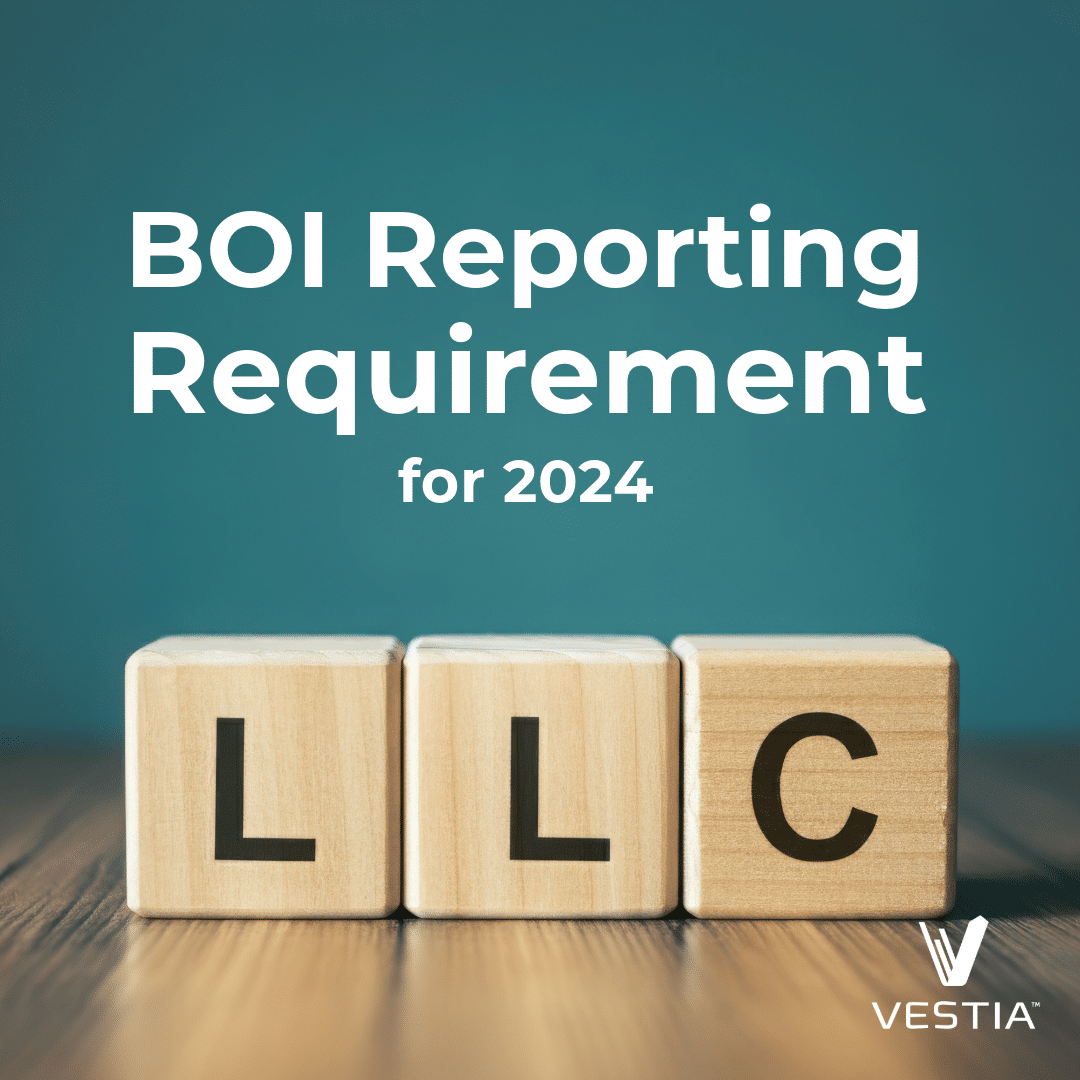Should private equity have a place in your portfolio?
Maybe.
Private investing carries different types of risk that are important to consider, but it can also be a lucrative avenue for expanding your portfolio.
Private investment funds, like hedge funds and private equity, aren’t available to the general public.
Let’s take a closer look at the private investment space and if it could be a good fit for your portfolio.
But first, you need to understand the difference between a private and a public company.
Private vs. public companies
A publicly-traded company has sold all or a portion of itself to the public. This means that anyone can go and buy stock in it, such as Progressive, and become an investor.
However, a private company isn’t offered to the public on an exchange, as they are privately held (hence the name!). A private company is typically owned by its founders and a select group of investors.
If your investment portfolio is hovering around $1 million and you’ve already maxed out other investment options, now could be an appropriate time to consider private investments in your portfolio.
Private companies represent a considerable sector of the market and can be ripe for diversification and portfolio expansion.
Risk versus expected return
Generally, risk and return are related—the more risk, the greater the potential return and vice versa.
In terms of risk, cash investments tend to hover at the bottom, followed by bonds, then stocks. Investments are hardly one-dimensional as some bonds may be riskier than equities, but securities generally tend to follow that pattern.
What comes after stocks? It’s at this point where people tend to consider private investments.
Remember that friend from college who told you about an opportunity to invest in their startup? That’s an example of private investing.
Contrary to popular belief, not all private investments are incredibly risky—some can even be similar to the risk level of a bond.
Private investing can accompany two distinct areas in your financial plan:
- Retirement, and
- Surplus.
Private investments for retirement portfolios are typically less risky and include the money you need to reach your financial goals.
Private investments for surplus funds, such as venture capital, is essentially extra money that you don’t need to fulfill your core financial goals.
Historical challenges for access into the private investment space
Historically, there have been several roadblocks for individuals interested in private ventures:
- High minimums
- Low liquidity
- High fees
- Limited access
In the past, there were several barriers to private investing. For example, it wasn’t uncommon for minimums in private investments to be upwards of $1 million in cash funds held for 10-12 years. Whereas with public companies, you’re usually able to put in whatever you like, even just $10.
What’s exciting is that several solutions are positioned to solve these problems and grant investors greater access to the private space. According to McKinsey’s Global Private Markets Review, the net value of private investments has grown by more than 7 times since 2002. This growth doubled that of public equities.
At Vestia, we are big believers in diversification because we know it helps manage risk in our client’s portfolios. Private investing is another avenue for diversification.
Now that a large portion of the U.S. market is privately held, so many investors are missing out on this slice of the marketspace—but it doesn’t have to be that way.
Gaining control in private investing
Markets are volatile and unpredictable—that will likely not change. But, the markets are generally efficient, so it’s essential to focus energy on the things you can control. At Vestia, we tend to focus on:
- Trading efficiently and patiently
- Maintaining discipline through market cycles
- Targeting factors of higher expected returns
- Managing risk through diversification
- Minimizing taxes
These are the elements that we can control. Minimizing taxes is typically a top priority, but that’s more commonly seen in the public space. Tax planning is becoming increasingly more challenging, as the number of publicly traded companies is dwindling—more than 50% fewer companies than in the late 90s.
As many companies look into alternate funding beyond an IPO (initial public offering), private investing seems to be picking up speed. It’s time to start having honest conversations about the role private investing can play in your portfolio long-term.
For your retirement portfolio, you may consider investing in private credit, triple net lease, secondary private equity funds, and/or private real estate funds depending on your retirement goals.
For those additional or surplus investment funds, consider private equity funds, venture capital funds, and/or direct investments in startups. Investing in startups comes with different risks and considerations, but as we said above, risk and return are typically correlated.
At the end of the day, a good portfolio is a well-rounded one, so it’s essential to also include cash, bonds, and equities into your investment plan.
Take the next step to a diversified portfolio.
There’s a quote by Harry Markowitz that sums up diversification rather well, “The beauty of diversification is it’s about as close as you can get to a free lunch in investing.” So we say, eat it up!
There’s potential in private space, and it can be a fulfilling journey. For example, investing in early-stage startups tangibly brings dreams to reality. A team may have the best people, passion, and ideas, but without funding, there isn’t room for growth. Private investing offers that opportunity to operate on a national and even global stage.
The real question is, where do you start? Our team can help get you on the right path. Get in touch with us today.
Disclaimer:
Investment advisory services offered through Vestia Personal Wealth Advisors, Vestia Retirement Plan Consultants, and Vestia Advisors, LLC. Securities offered through Ausdal Financial Partners, Inc., 5187 Utica Ridge Rd, Davenport, IA. 52807 (563)326-2064. Member FINRA/SIPC. Vestia Personal Wealth Advisors, Vestia Retirement Plan Consultants, Vestia Advisors, LLC, and Ausdal Financial Partners, Inc. are independently owned and operated.
This material is intended for informational purposes only. It should not be construed as legal or tax advice and is not intended to replace the advice of a qualified attorney or tax advisor. This information is not an offer or a solicitation to buy or sell securities. The information contained may have been compiled from third-party sources and is believed to be reliable.



